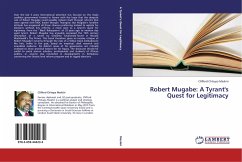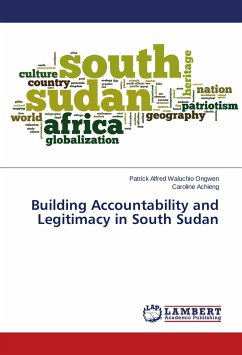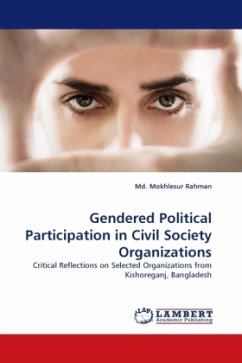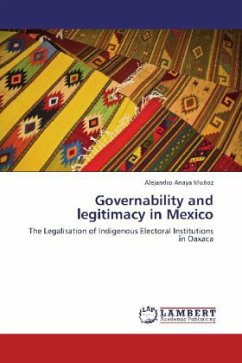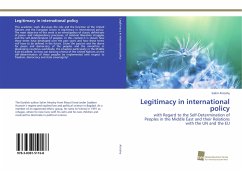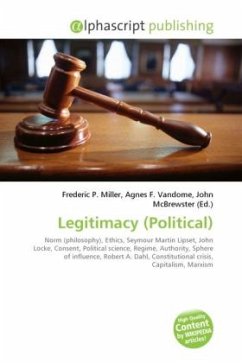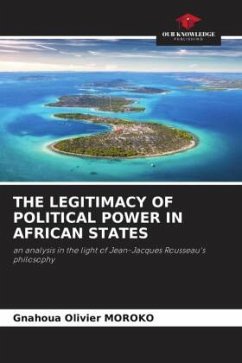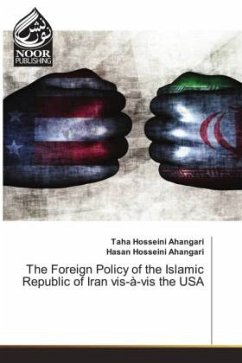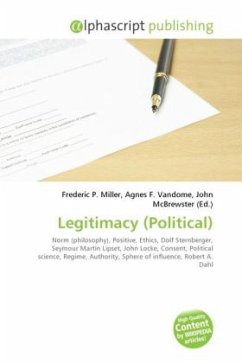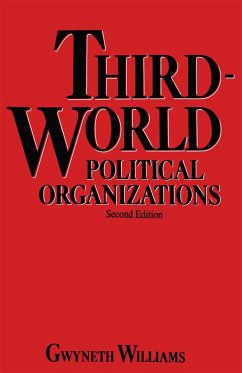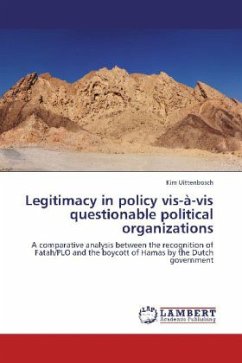
Legitimacy in policy vis-à-vis questionable political organizations
A comparative analysis between the recognition of Fatah/PLO and the boycott of Hamas by the Dutch government
Versandkostenfrei!
Versandfertig in 6-10 Tagen
32,99 €
inkl. MwSt.

PAYBACK Punkte
16 °P sammeln!
For decades governments have tried to respond effectively to political organizations which use terrorism to obtain their goals. In recent years the quest for the right response has become more urgent as the insurgent groups have evolved to become more internationally based and supported and have better access to weapons. The threat by these terrorist groups has become larger for the international community. The approach towards these insurgent groups differ from every conflict and context and sometimes even within the same conflict and context. One of the most intriguing cases is the internati...
For decades governments have tried to respond effectively to political organizations which use terrorism to obtain their goals. In recent years the quest for the right response has become more urgent as the insurgent groups have evolved to become more internationally based and supported and have better access to weapons. The threat by these terrorist groups has become larger for the international community. The approach towards these insurgent groups differ from every conflict and context and sometimes even within the same conflict and context. One of the most intriguing cases is the international community s response to the insurgent groups of Fatah/PLO in the late 1980 s and early 1990 s and Hamas nowadays. While Fatah and Hamas have a lot of resemblance, especially in their early stages of existence, the approach towards these organizations nearly contradict each other. Where Fatah was included and engaged with, Hamas is shunned from all political arena s. This analysis diagnoses the problems surrounding the recognition of Hamas by the Dutch government and the role that concepts of legitimacy play.



